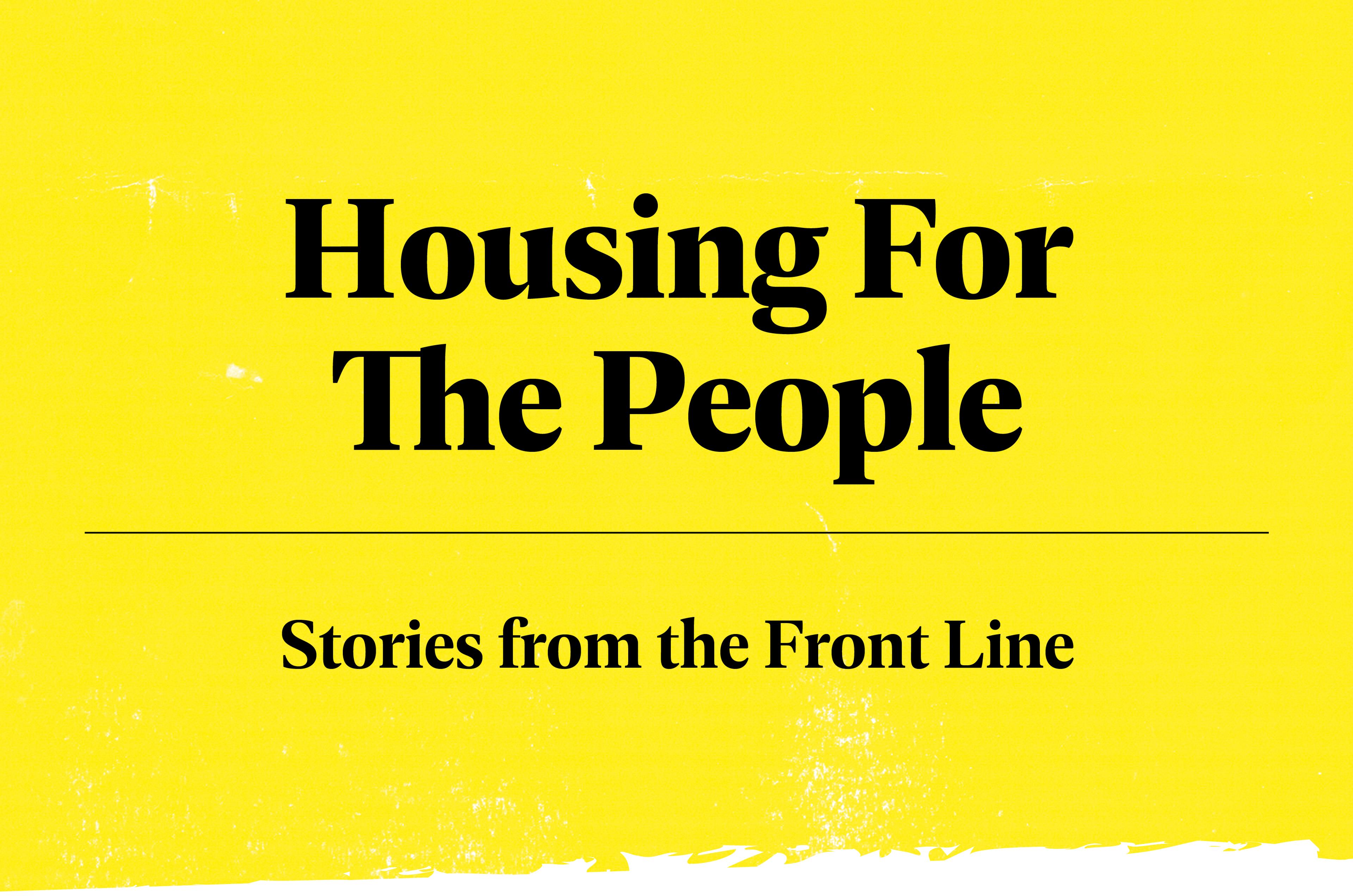Edwin wants to sell Trott-war

Photo by Mathieu Stern
By Adriane Dietrich
- Lived experience
Edwin would like to be more than just a reader; he’d like to sell Trott-war, enriching the non-profit organisation and readers, who would have one more way to get the street paper every month. There would also be one more person who could get a job that is actually feasible for them, as he could plan his time depending on how he felt each day.
Edwin has serious health issues and can only work for a few hours a day, usually for a relatively short time period. This means that he retired early, at the end of his forties, and depends on social benefits. In addition to his disability pension, he receives “basic welfare for the elderly and people with reduced earning capacity”.
Selling a street paper wouldn’t just provide him with a little extra income, but also a sense of appreciation and social participation. Edwin can’t afford much, sometimes not even the essentials, as he has to live on €415 per month.
His basic needs rate as a single person is €563, and he is entitled to additional benefits of €12.95 so that he has warm water in his flat. In addition to basic income support, he also needs accommodation, for which he receives €369.94, plus a flat-rate additional cost of €94. This totals €1,039.89 per month.
Edwin’s total creditable income, i.e. his pension, is €478.82. The monthly entitlement that is paid out is around €560. Edwin has to live on this amount. Once his travel pass, television, internet, telephone, electricity and bank fees are deducted, he has €415 left over. And Edwin hasn’t eaten anything yet, let alone enjoyed a treat. A scoop of ice cream for €2? That’s just a dream for Edwin. Discounted sausage is the most that he can hope for.
When asked what he would buy if he had more money, he had his answer ready: “Books! And a nice new plate. And my absolute dream would be a Merlin figurine.” But that would cost around €160.
“I’d like to be able to afford something and not just live hand to mouth all the time. But you can’t participate in cultural life with €400. I’m existing, but I’m not living. I’m denied the opportunity to treat myself to something nice. I want to work within my limits and within my opportunities, but the state will punish me if I do so.”
70% would be deducted from Edwin’s social security benefits, and he would have no extra money to participate more in life and society. People like him would become increasingly marginalised and excluded. No money, no fun.
Edwin feels abandoned, not taken seriously and lumped together with others in very different situations. “There must be a distinction between people who permanently receive basic income support and those who only receive it temporarily,” he says. “Each case is different. The existing system is encouraging illegal employment.
“Those responsible have to ask themselves how a person is doing when they have to live on so little.”
Edwin wants to sell a street paper because he wants to participate in society, he doesn’t want to be excluded, and he is willing to play his part in this. These are the precise values that street papers embody, and this is what they are there for – to offer prospects to those who wish to work as vendors, to allow them to participate in society in a self-determined manner, and, last but not least, to show them the appreciation that all people deserve.

